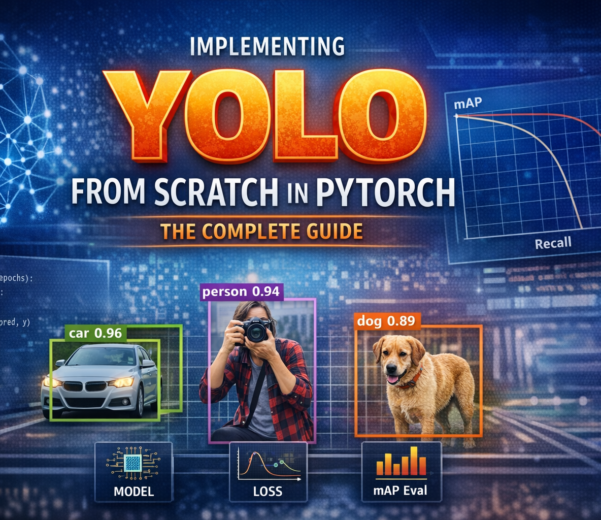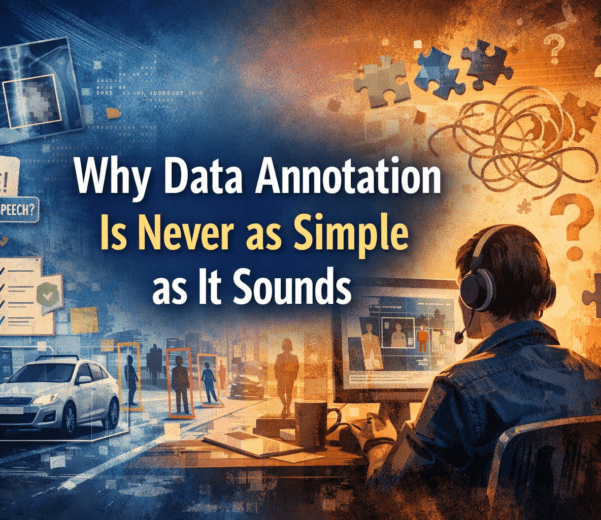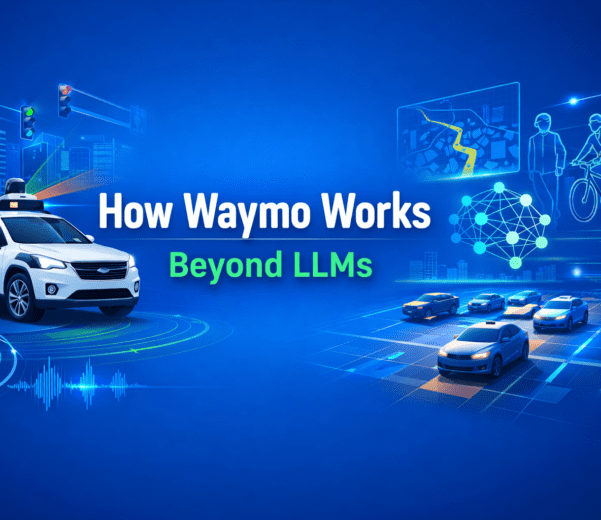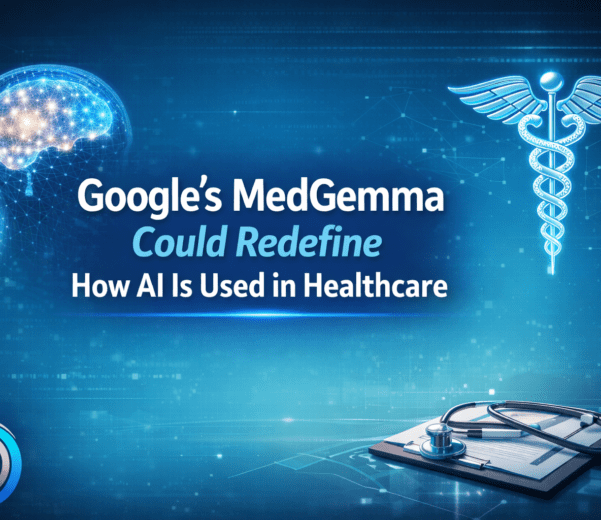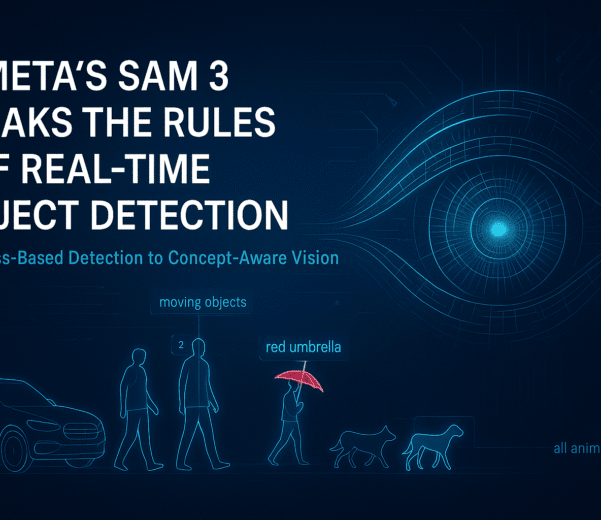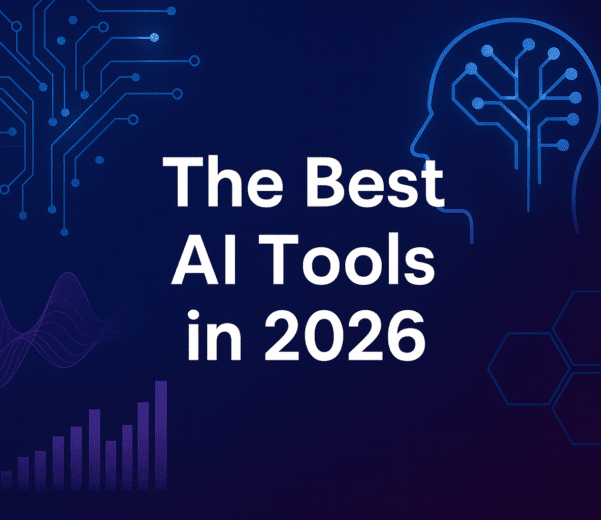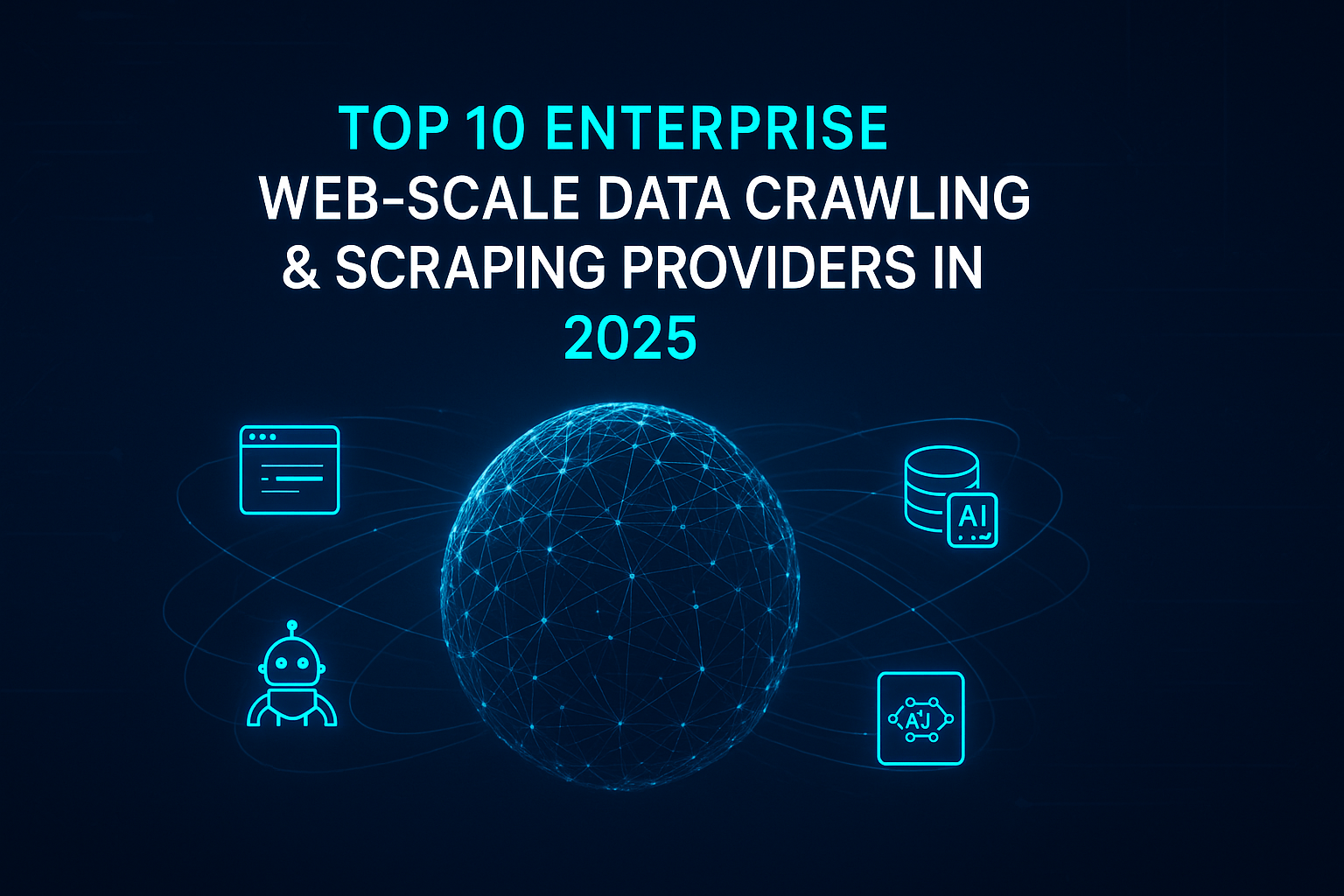Medical AI
AI Revolutionizing Healthcare
NLP and LLMs are revolutionizing healthcare by analyzing medical data, assisting doctors with knowledge and tasks, and personalizing patient education. Challenges include data quality and ensuring ethical use.
// The Future of AI in Healthcare
AI, powered by NLP (understanding medical text) and LLMs (AI assistants), is poised to transform healthcare. Imagine doctors wielding real-time medical knowledge and patients receiving personalized education – that’s the future AI is building. Challenges remain, but the potential for improved diagnosis, treatment, and patient care is immense.
Natural language processing
Unlocking the Secrets of Medical Text
NLP acts as a translator, deciphering the vast amount of medical text locked away in records, research, and notes. This allows for:
- Hidden Pattern Discovery: NLP can unearth patterns invisible to human analysis, aiding in diagnosis and treatment planning.
- Faster Clinical Trials: By efficiently matching patients to suitable trials, NLP helps accelerate medical research.
- Develop New Treatments: NLP can help researchers identify promising new drug targets and treatment strategies by analyzing vast datasets of scientific literature.
Large language models
Supercharging Doctor and Patient Care
LLMs are AI assistants that revolutionize how healthcare professionals and patients interact with information:
- Real-Time Medical Knowledge: Doctors can access constantly updated medical information and have complex topics explained in plain language.
- Personalized Patient Education: LLMs can generate clear explanations of diagnoses, treatments, and side effects, tailored to each patient.
- Streamlined Workflow: Repetitive tasks like scheduling and report generation can be automated, freeing up valuable time for doctors and nurses.
// NLP APIs
The most robust clinical NLP APIs offering both speed and simplicity.
Unstructured Data: Clinical notes, reports, emails, etc. – difficult for computers to understand.
Structured Data: Includes EHR data, lab results, and codes.
NLP: Extracts key concepts from text data.
Machine Learning: The platform uses ML to find patterns in the text data.
Medical Knowledge: A special kind of database storing medical relationships.
Extracted Entities: After processing the text data, the platform identifies important entities like drugs, diseases, and symptoms.
Ontologies and Rules: These are standardized vocabularies and rules used to ensure consistency in how information is interpreted.
Clinical NLP APIs
NER (Named Entity Recognition)
This is the foundation, acting like a medical detective in text. NER helps identify and classify important details in medical records, such as patient names, medications, and diagnoses.
LOINC (Logical Observation Identifiers Names and Codes)
LOINC focuses on identifying medical tests, measurements, and observations used in healthcare. It provides a universal language for these actions.
SNOMED CT (Systematized Nomenclature of Medicine - Clinical Terms)
This comprehensive system offers a vast library of codes encompassing diagnoses, procedures, medications, body structures, and more. It's a powerful tool for detailed clinical documentation.
CD-10 (Clinical Modification Diagnosis Code)
This standardized system assigns unique codes to diagnoses and health conditions, ensuring clear communication between healthcare providers.
RxNorm (RxNorm Normalized Drug Database)
RxNorm tackles the world of medications. It assigns standard identifiers to drugs, ensuring everyone, from doctors to pharmacies, uses the same terminology.
PHI (Protected Health Information)
PHI refers to any data that can identify a specific patient. NER and these coding systems play a crucial role in protecting PHI by ensuring its accuracy and secure handling.
// Uses Cases
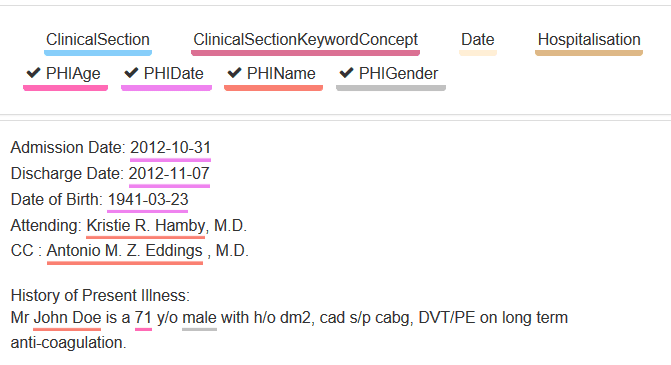
PHI De-Identification
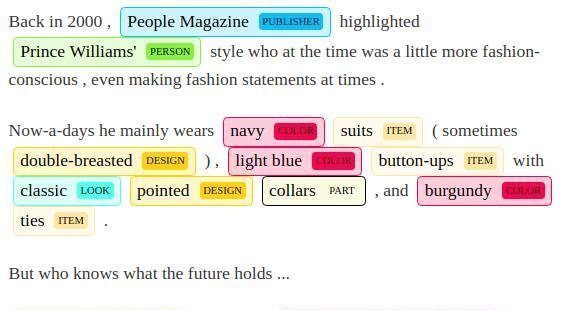
Semantic Role Labeling (SRL)
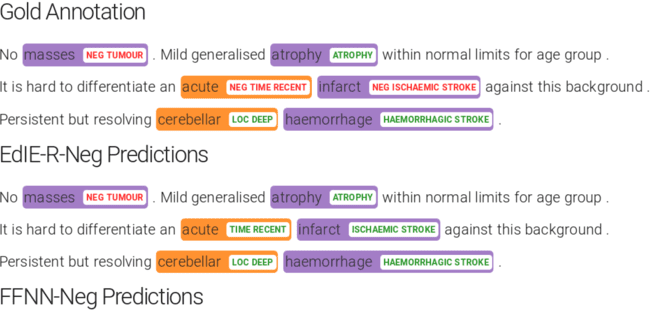
Negation Detection
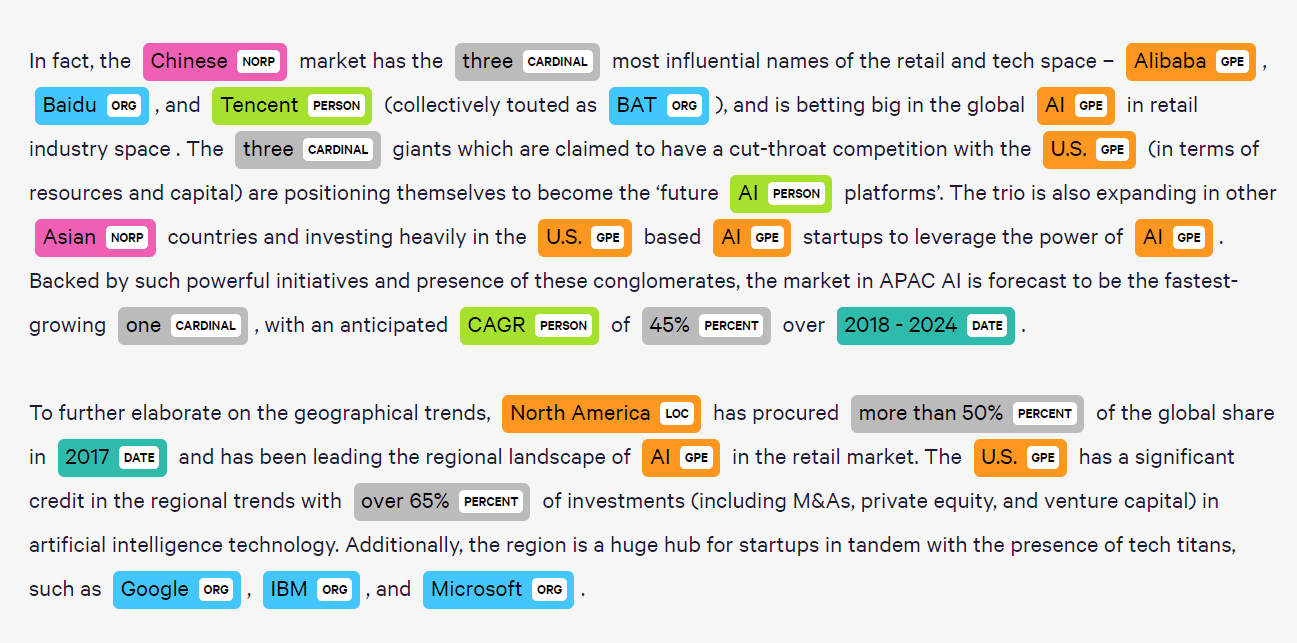
Named Entity Recognition
// Why choose Us
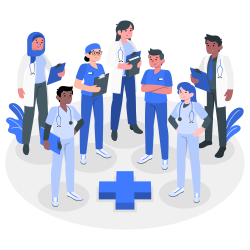
Expertise in Healthcare AI
SO Development specializes in Healthcare AI solutions, with a team of experts experienced in developing and implementing AI technologies specifically tailored for the healthcare industry.
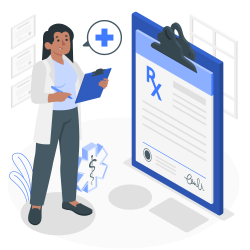
Advanced NLP and LLM Capabilities
SO Development utilizes state-of-the-art Natural Language Processing (NLP) and Large Language Models (LLM) to deliver cutting-edge AI solutions that can extract valuable insights from unstructured healthcare data.
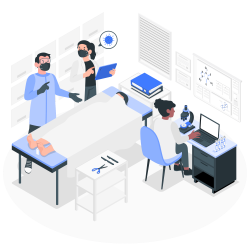
Customized Solutions
SO Development works closely with clients to understand their unique needs and challenges, providing customized Healthcare AI solutions that address specific use cases and requirements.
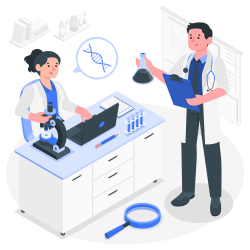
Scalability and Integration
SO Development's Healthcare AI services are designed to scale with the growing needs of healthcare organizations, and can seamlessly integrate with existing IT systems and workflows.
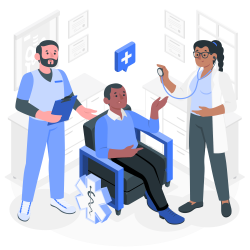
Proven Track Record
SO Development has a proven track record of delivering successful Healthcare AI projects for a diverse range of clients, including hospitals, clinics, research institutions, and pharmaceutical companies.
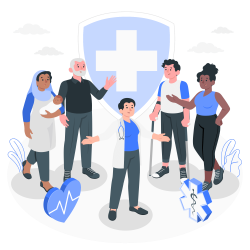
Continuous Support and Maintenance
SO Development provides ongoing support and maintenance for their Healthcare AI solutions, ensuring that they remain effective and up-to-date in an ever-evolving healthcare landscape.
// Security You Can Trust
Ensuring the Highest Levels of Data Security and Confidentiality: Rest Assured, Your Valuable Data is Protected and Secure in Our Care
SO Development prioritizes data security and compliance with healthcare regulations, ensuring that all AI solutions adhere to strict privacy standards such as HIPAA and GDPR.
// Frequently Asked Questions
Healthcare AI in NLP and LLM refers to the application of artificial intelligence techniques, such as natural language processing and large language models, to analyze, understand, and generate text-based healthcare data, such as clinical notes, medical literature, and patient records.
NLP and LLM technologies enable healthcare organizations to extract valuable insights from unstructured text data, automate repetitive tasks, improve clinical decision-making, enhance patient care, and facilitate research and innovation in healthcare.
NLP helps in healthcare by enabling the extraction of clinical information from unstructured text data, such as clinical notes, discharge summaries, and medical literature. It can assist in tasks such as clinical documentation improvement, clinical decision support, information retrieval, and population health management.
Some applications of NLP in healthcare include clinical coding and billing, clinical trial matching, sentiment analysis of patient feedback, named entity recognition of medical concepts, automated summarization of medical literature, and virtual health assistants for patient communication.
Large Language Models (LLM) are advanced AI models trained on large amounts of text data to understand and generate human-like text. In healthcare, LLMs can be used for tasks such as clinical text generation, medical question answering, summarization of medical documents, and conversational agents for patient engagement.
Healthcare AI solutions utilizing NLP and LLM technologies must adhere to strict security and privacy regulations, such as HIPAA (Health Insurance Portability and Accountability Act) in the United States and GDPR (General Data Protection Regulation) in Europe. Measures such as data anonymization, encryption, and access controls are implemented to ensure patient data privacy and compliance with regulations.
Healthcare organizations can implement Healthcare AI in NLP and LLM through partnerships with AI technology providers, development of in-house AI capabilities, and integration of AI solutions into existing healthcare IT systems. Collaboration with data scientists, clinicians, and IT professionals is essential for successful implementation and adoption of AI in healthcare.
// Ask Us Anything Anytime
Give us a call or drop a message by anytime, we endeavour to answer all enquiries within 24 hours on business days. We will be happy to answer your questions.




